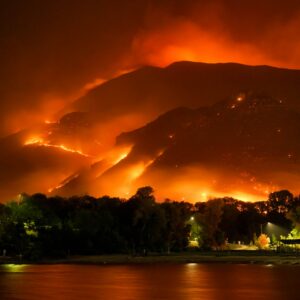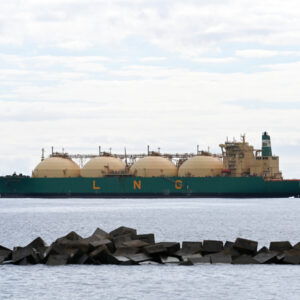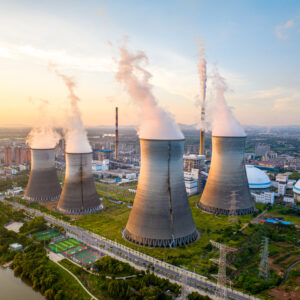As California continues to face long-term wildfire impact, sustainable construction company Hempitecture has expanded operations into Southern California. The Boise-based manufacturer has opened a new fulfillment hub near Los Angeles to help meet growing demand for resilient, eco-conscious building materials across the wildfire-affected region. Expanding Regional Access to Fire-Resistant Building Materials Hempitecture’s expansion establishes a regional...
What’s Going On With the Grizzly Bear Listing?
After recent petitions from states to delist the bears, the federal government has announced that grizzly bears will remain protected under the ESA. Here’s what’s going on and what the near future looks like for American grizzlies:
RepAir Carbon Joins Shell and Mitsubishi in Gulf Coast Direct Air Capture Hub
RepAir Carbon has entered into a landmark partnership with Shell US Gas and Power, LLC and Mitsubishi Corporation (Americas) to advance large-scale carbon removal in Louisiana. As a key technology provider for the Pelican Gulf Coast Carbon Removal DAC hub, RepAir will deploy its proprietary electrochemical Direct Air Capture (DAC) technology as part of the Pelican Consortium—a collaboration including Louisiana State...
Grazing as a Strategic Fire Prevention Solution
Amid the devastating wildfires scorching Los Angeles, the lack of effective fire prevention strategies is apparent. One prevention solution that receives little attention is grazing.
Understanding Climate Change’s Impact on the Los Angeles Wildfires
As of Thursday morning, more than 137,000 people have evacuated their homes. Unsurprisingly, the politicization of wildfires has already begun, with politicians quickly blaming climate change or other policymakers for mismanaging forests.
Why Does Kelp Matter?
How much does kelp matter?
The answer? Kelp matters quite a bit. In fact, it contributes $500 billion annually to the global economy.
Walmart Commits Millions Toward Wildlife Conservation
In 2005, Walmart launched the Acres for America program, committing to fund an acre of wildlife conservation for every acre the company developed for commercial purposes.
A Tale of two Studies: DOE Study Rehashes Debunked Claims While New Analysis Highlights Critical Impacts of U.S. LNG
The U.S. Department of Energy released its long-awaited study on LNG exports Tuesday, and while the administration didn’t officially call for a ban on LNG exports – they might as well have. In a politically charged statement, U.S. Energy Secretary Jennifer Granholm said “that a business-as-usual approach is neither sustainable nor advisable,” echoing similar claims to those made...
Air Pollution Will Probably Still Decline Under the Second Trump Presidency
Given President-elect Donald J. Trump’s critical rhetoric about environmental regulation, it is natural to wonder what the future of pollution reduction will look like under his next presidential term, as regulations are the primary policy mechanism by which air pollution is managed in the United States. Although it would be understandable to assume that pollution...
US FERC rejects Amazon-Talen nuclear power agreement
The US Federal Energy Regulatory Commission (FERC) has rejected an amended interconnection service agreement proposing to increase the load capacity of Amazon’s data centre at the Susquehanna nuclear facility in Pennsylvania. The amended agreement was executed between Talen Energy, PJM Interconnection and PPL Electric Utilities, and aimed to increase capacity at Susquehanna from 300MW to...









